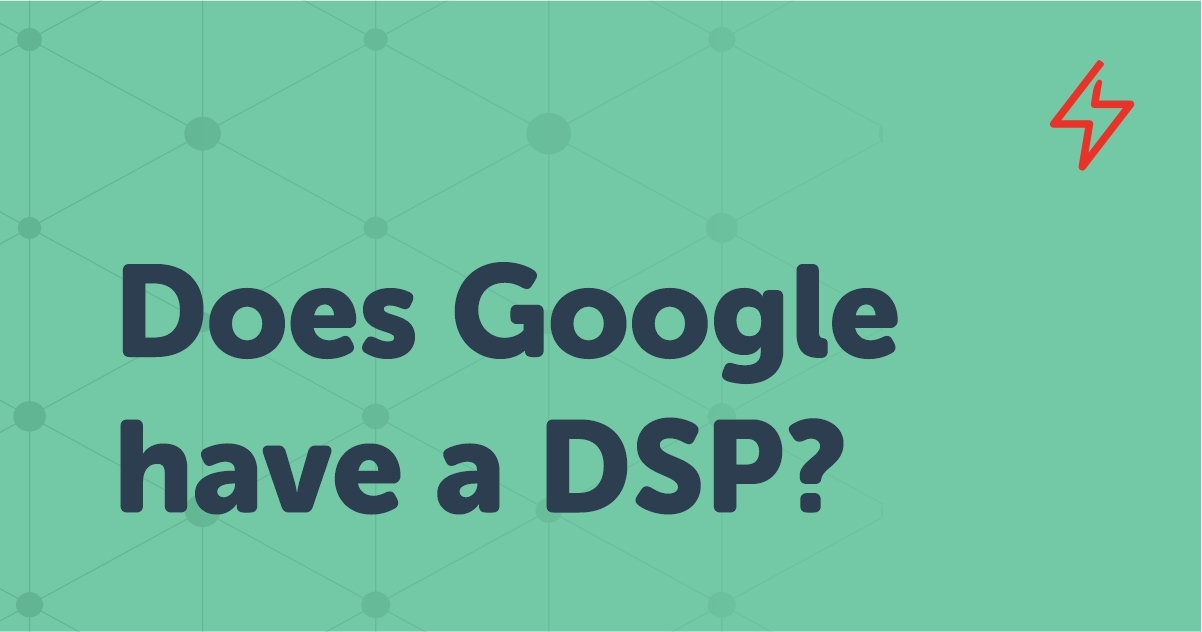In the realm of technology giants, few companies spark as much intrigue as Google. The ubiquitous nature of its services—search, advertising, cloud computing—has led to widespread speculation regarding the motivations behind its operations. This leads us to ponder: does Google have a hidden agenda? This question inevitably evokes curiosity, intertwining the threads of corporate interest with public trust.
At first glance, Google appears to operate transparently, advocating for user experience and data privacy. Yet, an underlying current of skepticism persists among consumers and analysts alike. The company’s substantial investments in artificial intelligence, machine learning, and data analytics suggest a desire not simply for market leadership but for an intricate understanding of human behavior. Such capabilities could allow Google to predict trends, influence decisions, and thereby craft an ecosystem where its dominance becomes a self-fulfilling prophecy.
Moreover, as Google continues to expand its suite of products and services, the notion of surveillance capitalism becomes increasingly relevant. The aggregation of vast amounts of user data raises concerns about privacy and ethical usage. Many observers contend that this extensive data collection serves not only to enhance personalized advertising but may also furnish Google with the means to sway public opinion subtly. The duality of convenience and manipulation epitomizes the modern digital landscape.
Furthermore, Google’s pursuit of strategic acquisitions cannot be overlooked. By assimilating companies that pose potential competition or that hold innovative technologies, Google may indeed be working towards a monopolistic landscape where alternative options for consumers dwindle. This behavior has attracted scrutiny from regulatory bodies worldwide, as stakeholders grapple with the implications of a singular entity wielding so much influence over information flow and commerce.
Another aspect to consider is Google’s role in shaping the future workforce. With products designed to enhance productivity and collaboration, there is a suggestion that the corporation is not just cultivating a user base but is also strategically molding the capabilities and expectations of the next generation of workers. The educational initiatives fostered by Google, while seemingly benevolent, may serve the dual purpose of grooming future employees laden with loyalties to the brand.
As we navigate this intricate web of opportunity, ambition, and potential manipulation, it becomes evident that the question of a hidden agenda is layered and complex. Google exemplifies the paradox of modern technology: a tool for empowerment, yet potentially a harbinger of control. The interplay of data, trust, and corporate strategy invites us to scrutinize not just what services are rendered, but why they are offered in the first place.
